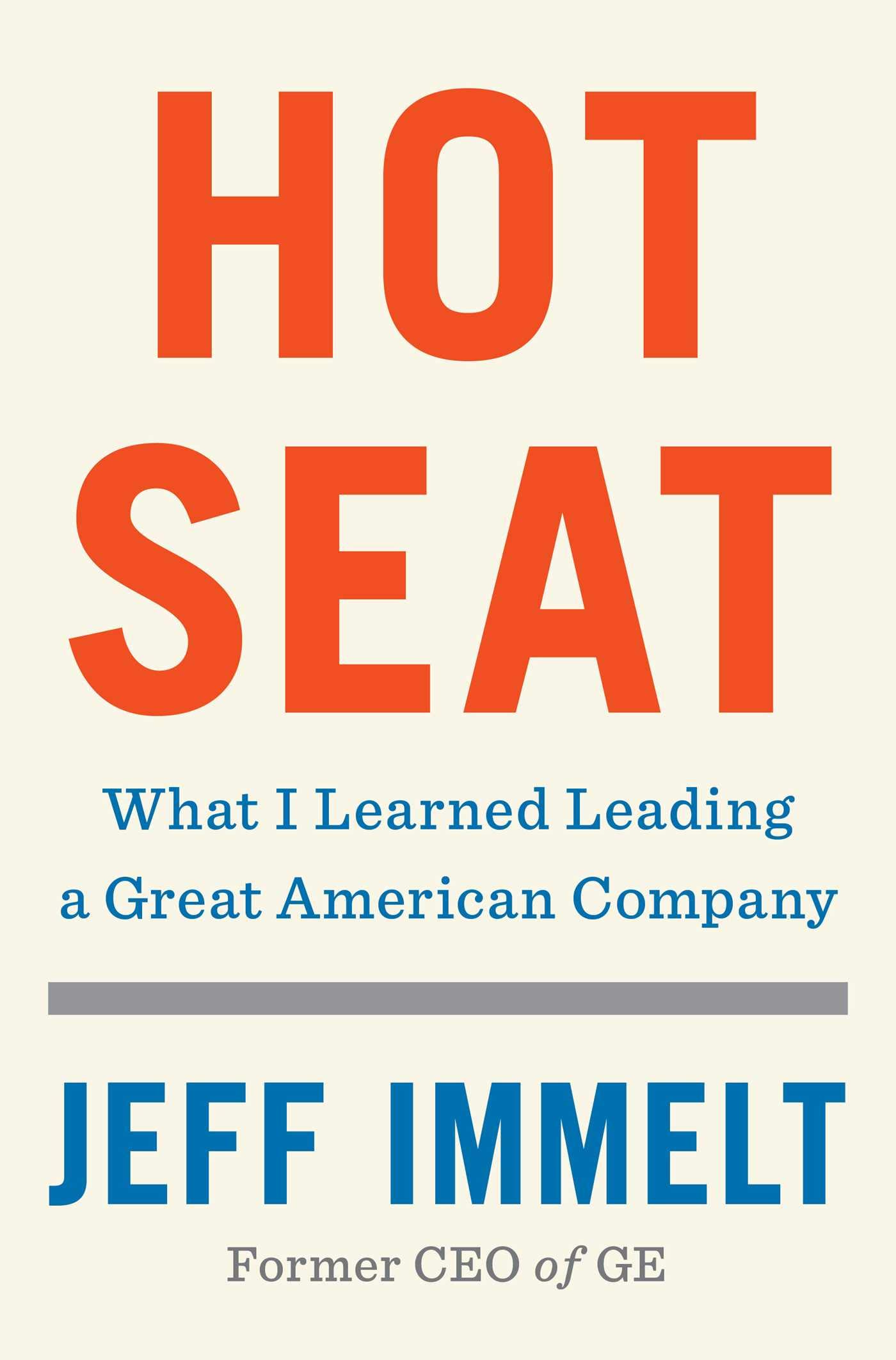The Buck Stops Here, Digital Sensorium, and Suffering from Success
In which I write about Squarespace's acquisition of Tock
Hi everyone,
Greetings from Washington, D.C.!
After Franklin D. Roosevelt created the modern American economy by plunging it out of the depths of the 1928 Great Depression, it was an easy presidential run in 1932. Consequently, his campaign song was titled Happy Days are Here Again.
When I see the vaccination data and more importantly, the Twitter posts and Instagram stories of my family and friends getting vaccinated, that’s the sentiment that describes my emotions. Not all will be right—and the US and other countries have a ton of reflection to do on how to deal with tail risk and we as a community will have to deal with mental challenges of being the lucky ones who survived one of the few global crises—but things will be right-er. In any case, whatever might be thrown at us, we will deal with them together. Honestly, this feeling of short-term optimism is very rare and we need a lot more of it.
Anyways, on to the issue. In this week’s issue of Snapshots, I want to explore:
Why Jeff Immelt’s new book, Hot Seat, does not redeem his reputation
How digital sensoriums shape our minds
Why Squarespace is acquiring Tock — both are suffering from success
Web Smith’s 5 year journey running 2PM, The Studio Model by Kevin Yien, and how a POW sends a message
Book of the week
Last week, we discussed the tough hand that Jeff Immelt was dealt in the very first week as the CEO of General Electric. This week, I wanted to round out the story of GE during his tenure and I’ll keep it short.
The stock performance was abysmal. Even GE retirees went underwater. GE Capital—the financing arm of the company—had led to inflated expectations of the earnings potential. In fact, since the business didn’t have any deposits, the emperor was revealed to have no clothes during the 2008 Financial Crisis.
I feel for Immelt. He was truly dealt a tough hand. But the buck stopped at this desk. After all, many companies had those same unexpected problems during 9/11 and the 2008 financial crisis. None of them had the resources of GE.
Ultimately, unless you’re a GE-maniac, this is not a book I would recommend. Let’s hope the next read is more uplifting and less complaining.
Long read of the week
Inside the digital sensorium by Aaron Lewis
The whole article will resonate with anyone who spends a decent amount of time online. But it will especially resonate with the content creator tribe (of which I consider myself a very Junior member of) about how creating and interacting with people online fundamentally changes how you think—in good and bad ways.
This paragraph hit home hard:
Twitter has definitely changed my relationship with my internal monologue. Just like my vocal cords and larynx turn my silent neural activity into vibrating air molecules, my external voice box on twitter dot com turns my inner rumination into text on someone else’s screen. Before I started posting, my thoughts were more abstract and non-verbal — like blobs of play-doh floating around a zero gravity chamber. I used to spend a lot of time re-molding these amorphous thought forms into Twitter-friendly nuggets. But nowadays my internal monologue speaks tweet by default. Thoughts bubble up from the depths of my psyche readymade for the timeline, already twisted into the pre-programmed shape of a Post. I wonder if the algorithm is starting to interfere with the way my subconscious works. What if it’s filtering out thoughts that it doesn’t think will perform well online? Every day, thousands of strangers upload little slices of their consciousness directly into my mind. My concern is that I’m prone to mistake their thoughts for my own — that some part of me believes I’m only hearing myself think. Sometimes when I wake up in the morning, I’ll scroll through my old posts just to remind myself of myself. It feels like looking in the mirror. I’m swallowing my (digital) self so that I’m me instead of someone else.
Oof.
Business move of the week
Squarespace and Tock: Suffering from success
There is a fascinating trend of companies getting the tailwind of their lifetimes due to COVID-19 (think Zoom, UberEats, etc.) and find themselves stuck with unrealistic growth expectations going forward. It’s the DJ Khaled problem of suffering from success. And just like DJ Khaled, once they have saturated the success that they can get by themselves, they gotta partner up with others.
That’s exactly what is happening with the Squarespace acquisition of Tock.
Let’s start with Tock. Started by Nick Kokonas of the Alinea Group and based in Chicago, Tock is the tech layer for any time-slotted business with dynamic demand disguised as a “Yelp for expensive restaurants.” Let’s break that down:
Tech layer: The company integrates a consumer-facing app with a business-facing POS and reservation management system, along with a few bells and whistles.
Time-slotted business: Think a barber shop, or a massage shop, or yes, a restaurant. There are limited time slots in a day and you can only serve a fixed number of customers given that increasing capacity is tough and expensive.
Dynamic (or seasonal) demand: The demand curve for a table at a restaurant during Tuesday lunch is not the same as the demand curve for the same table at the same restaurant during Friday dinner. Tock asks a simple question: why should they cost the same? And then it explores this idea further: If you book a restaurant on a Tuesday night and don’t show up, it’s not that likely that the restaurant will loose money on you (the table would have gone empty anyways.) But if you reserve a table on Friday and don’t show up, then the restaurant does lose money because someone else could have taken it. So, what if you had to put down a deposit for reserving a table? No shows drop off a cliff and profits don’t take unnecessary hits.
Tock’s go-to-market strategy mimics that of Amazon. They were their own first and best customer. The Alinea Group is home to multiple famed Chicago restaurants—with its namesake Alinea consistently being rated as one of the best restaurants in the world. Tock’s tech was tested and perfected over thousands of orders and reservations at the group’s restaurants which include Alinea, the Aviary, Roister, and the Office, amongst others. Then, recognizing that they had created something useful for others like them (a no-show at a three-Michelin star restaurant like Alinea can be worth hundreds of dollars of profits), they sold it to others.
During COVID, they were one of the first to create the infrastructure for to-go meal kits and expanded their delivery offerings. It’s seen tremendous growth. The problem for Tock is that they are a supply-driven company. No one wants to download Tock because it has slick interface or cool to use. Instead, people download and use Tock because the restaurants that they want to go to use Tock. Restaurants use Tock because it is better than other POS and management systems because of the reasons outlined above. It leaves it at the whim of restaurants who often don’t want to go through the effort of re-hauling their entire management system. Relying on traditional enterprise-style sales can be dangerous and so I think that being on the demand-side of things could be interesting for them. More importantly, by virtue of being associated with the Alinea name, they are implicitly limited to the restaurant vertical.
Squarespace’s innovations need a shorter introduction because there have been fewer of them. Importantly though, the company was just better at marketing. I remember a time when it was impossible to listen to a popular podcast without hearing a Squarespace ad. They were early to the game and captured a lot of mind (and market) share in the website builder space. Just like Wix, Webflow, and others in the game, they have seen tremendous growth during the pandemic. Everyone they would have hoped to attract over the next few years has already joined their platform.
But there in lies the seeds of their discontent. Investors will ask the questions what’s next? Well, you look for the next set of highest margin customers. It seems that restaurants are those customers.
There are some obvious synergies here. A restaurant that already uses Squarespace for their website will find it easier to integrate with Tock and vice versa. Plus, Squarespace also processes payments which will also their restaurant vertical to grow on a zero-marginal cost basis.
And that’s not the only vertical that will be affected. Remember that Tock’s infrastructure layer is designed for any time-slotted business with dynamic demand. That’s tens of thousands of businesses that have never existed on either Tock or Squarespace. It starts to resemble much more of a Square competitor. That’s a much more compelling “what’s next” goal for Squarespace and for Tock.
I couldn’t be more excited for this future. Square seems to have been running up the score on one end with no close competitors. But they will be up against Tock’s co-founder Nick Kokonas who is one of the people I look up to because of his ability to ask precise questions that cut to the matter at heart and no-BS attitude. If I am correct in the strategy that Squarespace is looking to take here, this is going to be a business showdown for the ages.
Odds and ends of the week
Three articles this week:
The Downside and the Up by Web Smith: Web writes the fantastic 2PM newsletter and he captures the ups and downs of being a creator over the last five years 🤯. When I think about my own number there (approaching two years in a month and a half), all I can think of is “Those are rookie numbers, gotta pump those numbers up.”
The Studio Model by Kevin Yien: Friend of the newsletter Kevin Yien wrote a brief piece on capturing more of the value chain in any industry and how distribution can be used to achieve that. The upshot? Coming to an industry near you.
How to send a message as a Prisoner of War: Harrowing. Brave. Worth a watch.
That wraps up this week’s newsletter. You can check out the previous issues here.
If you want to discuss any of the ideas mentioned above or have any books/papers/links you think would be interesting to share on a future edition of Sunday Snapshots, please reach out to me by replying to this email or sending me a direct message on Twitter at @sidharthajha.
Until next Sunday,
Sid

